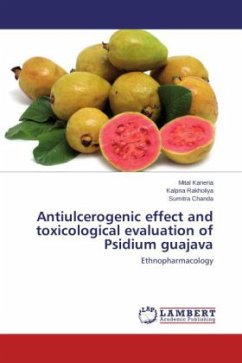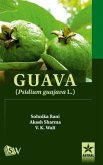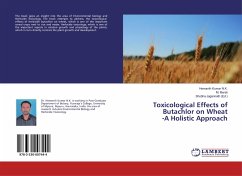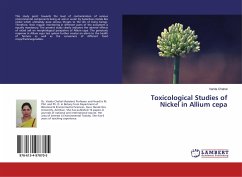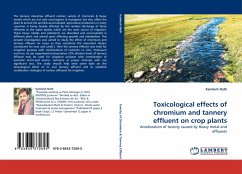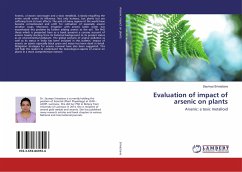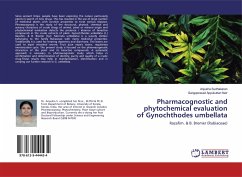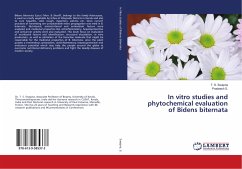The present study was designed to evaluate the therapeutic assessment of acetone extract of Psidium guajava L. leaves (PGA) by evaluating toxicological and antiulcer properties. Extraction was done sequentially in soxhlet apparatus. For toxicity study, PGA was administered orally to Wistar albino rats at a dose range of 540, 1080 and 2160 mg/kg of body weight. Animals were observed for physiological and behavioral responses, mortality, feed and water intake and body weight changes up to 14 days, thenafter hematological parameters and organ weights were recorded. Antiulcer activity was evaluated on ethanol and ethanol/HCl induced ulcers at two different doses (135 and 270 mg/kg) in Wistar albino rats. The oral administration of PGA did not cause any toxicity to rats. Feed and water intake and body weight changes were not affected. PGA showed significant reduction in ulcer index, volume of gastric juice, pH, free and total acidity in rats. The antiulcer activity observed in PGA treated groups was better than that of the standard Omeprazole. This work suggests that Psidium guajava could be used for the development of new phytotherapeutic drugs for the treatment of gastric ulcer.
Bitte wählen Sie Ihr Anliegen aus.
Rechnungen
Retourenschein anfordern
Bestellstatus
Storno

